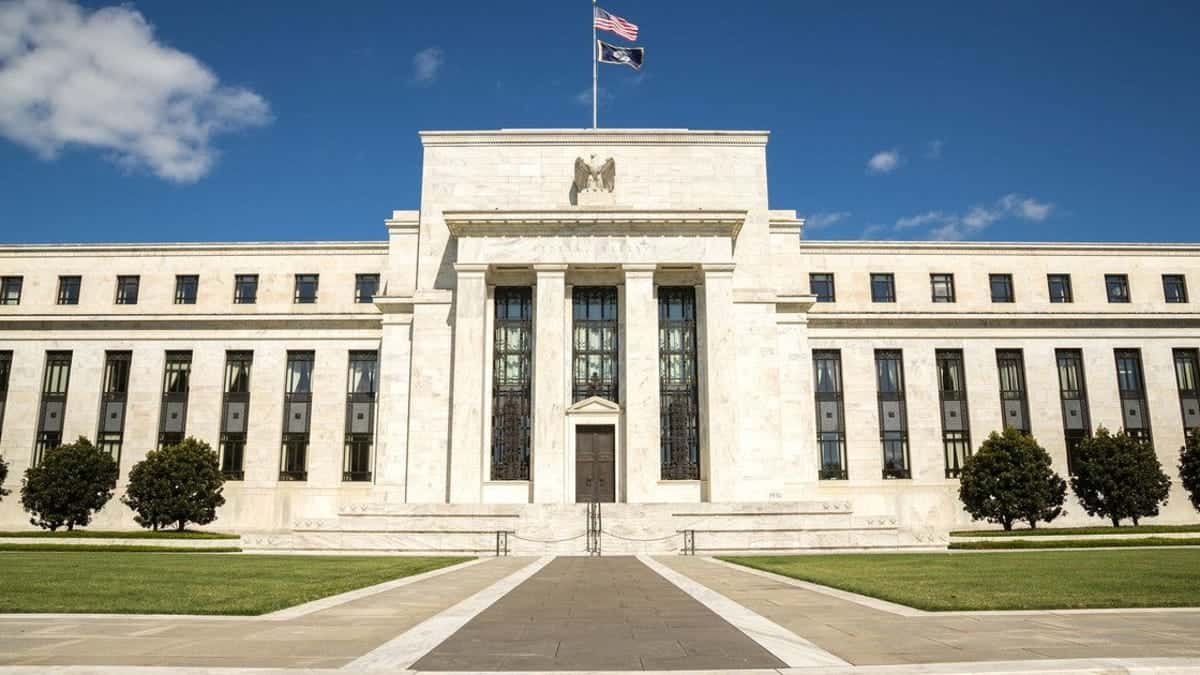The Federal Reserve on Wednesday said the vaccine rollout has improved the U.S. economy, but still held interest rates at near-zero as part of its commitment to aggressive economic stimulus.
“Amid progress on vaccinations and strong policy support, indicators of economic activity and employment have strengthened,” the policy-setting Federal Open Market Committee (FOMC) said in an updated statement.
The Fed said inflation has “risen” but attributed the higher readings to “transitory factors.” Central bank officials have warned that higher inflation could be coming as a result of the “base effects” of measuring year-over-year changes in addition to some supply chain constraints.
The central bank said it remains optimistic about the rebound in U.S. economic activity, describing the most adversely affected industries as having “shown improvement.” The Fed had described the economy as facing “considerable risks” in its March meeting, but struck the word “considerable” in its updated statement.
Data published since the Fed’s last meeting on March 17 have supported the brighter outlook. Initial jobless claims dropped to pandemic-era lows as the re-openings pulled the unemployed back to work, U.S. consumer confidence hit a 14-month high, and March retail sales showed the best monthly rise since May 2020.
But with more than 8 million people still out of jobs compared to pre-pandemic levels, the policy-setting FOMC said it will continue to provide accommodation to the economy.
The Fed statement offered no signs of slowing on its quantitative easing program, which is currently absorbing U.S. Treasuries and agency mortgage-backed securities at a clip of $120 billion a month.
The decision to hold rates at near-zero was widely expected. The FOMC voted unanimously on the action.
The next FOMC meeting is scheduled for June 15 and 16, which will come with another round of quarterly economic forecasts.

